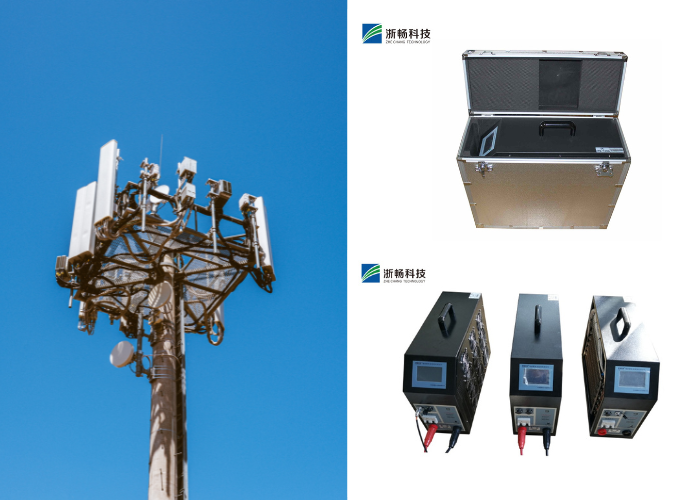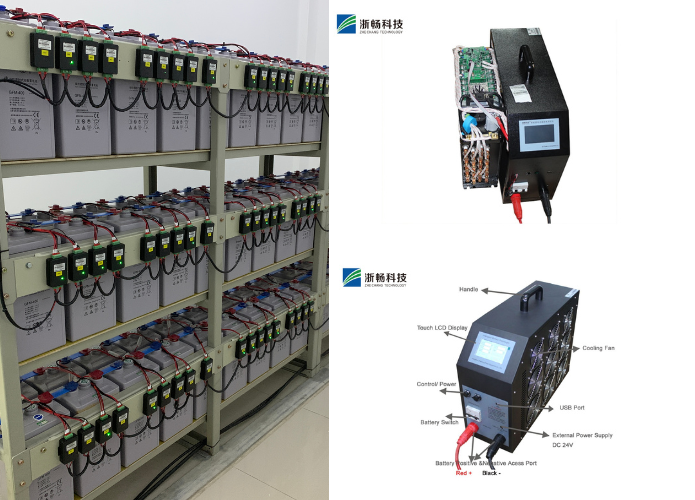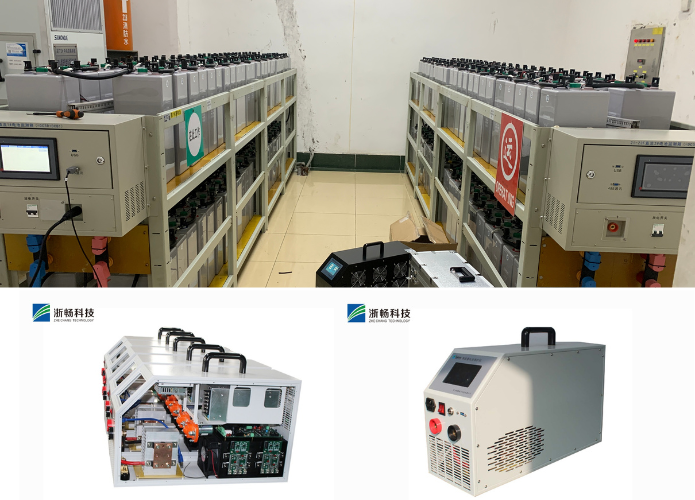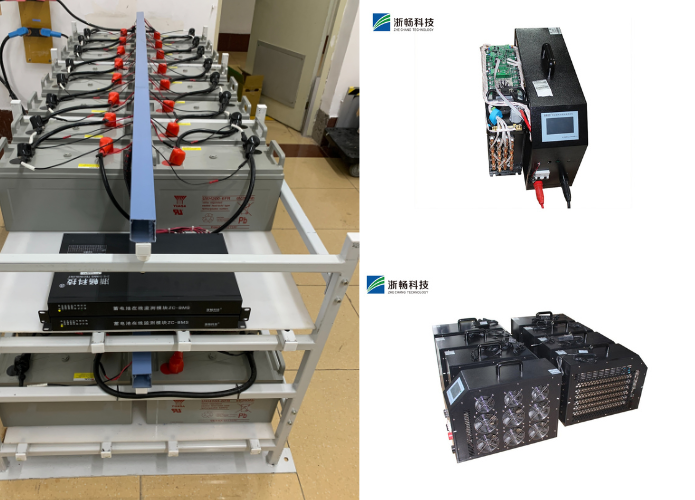How BMS (Battery Management Systems) Boosts EV Battery Performance
Introduction
As electric vehicles (EVs) become the dominant force in modern transportation, the efficiency and longevity of their batteries have become critical concerns. At the heart of ensuring EV battery performance is the Battery Management System (BMS), an intelligent control unit responsible for monitoring, managing, and optimizing battery health. Without a well-functioning BMS, EV batteries would be prone to inefficiencies, safety risks, and premature degradation.
This article explores the pivotal role of Battery Management Systems (BMS) in boosting EV battery performance, covering its functionalities, benefits, and the latest technological advancements in the field. We will delve into the specifics of how BMS extends battery life, improves energy efficiency, optimizes charging performance, enhances safety, enables predictive maintenance, and supports smart grid integration.
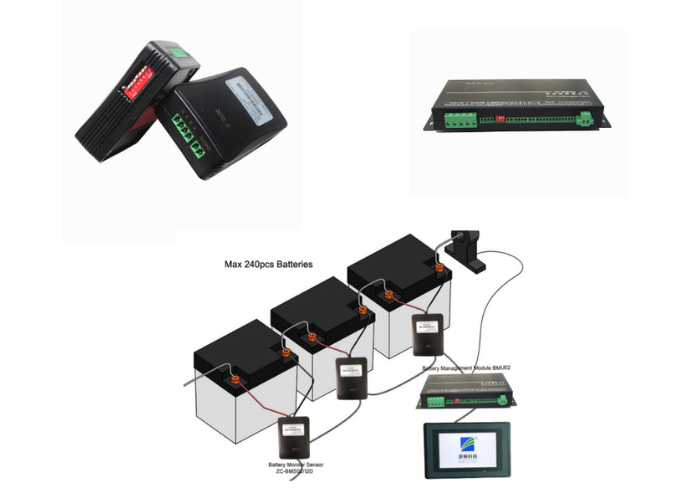
Understanding Battery Management Systems (BMS)
What is a Battery Management System?
A Battery Management System (BMS) is an electronic system that monitors and controls various battery parameters to ensure safe and efficient operation. It plays an essential role in electric vehicles by regulating energy usage, maintaining battery health, and preventing potential failures. A well-designed BMS ensures that each battery cell functions optimally, preventing issues such as overheating, overcharging, and deep discharging.
Without a BMS, an EV’s battery pack would be at risk of imbalances between individual cells, leading to reduced performance and even hazardous situations. BMS ensures that every cell contributes to the overall system performance while being protected from damage and degradation.
Key Functions of BMS in EVs
1.Cell Monitoring and Balancing
- Measures individual cell voltage and temperature to prevent variations that could impact performance.
- Balances cell charge levels to avoid overcharging or undercharging, which can cause long-term damage and shorten battery life.
- Ensures uniform performance across all cells, preventing weak cells from degrading the overall battery pack.
2.State of Charge (SoC) Estimation
- Determines the remaining battery capacity, allowing for accurate range predictions.
- Prevents deep discharge and overcharging, both of which can reduce battery lifespan.
- Adjusts power delivery to optimize performance based on real-time battery conditions.
3.State of Health (SoH) Monitoring
- Assesses battery aging and degradation over time, providing insights into overall battery health.
- Predicts battery lifespan and signals the need for maintenance before performance deteriorates.
- Helps manufacturers and users understand when a battery replacement or servicing is required.
4.Thermal Management
- Regulates battery temperature through active cooling or heating systems, ensuring consistent performance in different environmental conditions.
- Prevents overheating that could lead to thermal runaway and catastrophic failure.
- Enhances efficiency by maintaining the battery within its optimal operating temperature range.
5.Fault Detection and Safety Mechanisms
- Detects issues such as short circuits, overvoltage, undervoltage, and thermal runaway to prevent dangerous failures.
- Implements emergency shutdown protocols to protect the vehicle and its occupants.
- Provides diagnostic data to help technicians identify and address potential battery issues before they become critical.
How BMS Enhances EV Battery Performance
1. Extending Battery Life
One of the biggest concerns for EV owners is battery longevity. The cost of battery replacement is significant, making it essential to maximize the lifespan of the original battery. BMS optimizes charging and discharging cycles, preventing deep discharges and overvoltage conditions that can degrade battery cells prematurely.
By continuously monitoring cell health and ensuring balanced power distribution, a BMS can extend battery lifespan by 20-30%. This translates to years of additional use before needing a battery replacement, making EVs more economical and environmentally friendly.
2. Improving Energy Efficiency
Efficient energy utilization is key to maximizing an EV’s range and overall performance. BMS ensures balanced power distribution across battery cells, reducing energy losses and improving overall efficiency. It also minimizes the impact of parasitic loads, helping the vehicle conserve energy during idle states.
By fine-tuning power management strategies, BMS reduces unnecessary energy waste and ensures that all energy generated during regenerative braking is effectively stored and used.
3. Optimizing Charging Performance
Fast-charging technologies have revolutionized EV adoption, but they can put significant stress on batteries. A BMS regulates charging speed based on real-time battery conditions, ensuring fast yet safe charging. It also supports intelligent charging algorithms, such as:
- Constant Current (CC) and Constant Voltage (CV) charging to optimize energy transfer while protecting battery health.
- Adaptive Charging based on battery temperature and aging to maximize longevity.
- Bidirectional Charging for vehicle-to-grid (V2G) applications, allowing EVs to serve as energy sources for homes and the grid.
4. Enhancing Safety and Preventing Failures
Safety is a major concern in EV battery technology, as thermal runaway and short circuits can lead to catastrophic failures. BMS includes multiple safety layers, such as:
- Overvoltage and Undervoltage Protection to prevent cell damage.
- Temperature Monitoring and Cooling Activation to avoid overheating.
- Automated Shutdown in Case of Critical Failures to safeguard the vehicle and its passengers.
With these safety measures, BMS significantly reduces the risk of battery fires and ensures compliance with automotive safety regulations.
5. Enabling Predictive Maintenance
BMS continuously monitors battery health and degradation trends. Using machine learning algorithms, modern BMS can predict potential failures before they occur, allowing for proactive maintenance and reducing unexpected breakdowns. This helps EV manufacturers and fleet operators lower maintenance costs and improve vehicle uptime by scheduling maintenance before issues become severe.
6. Supporting Smart Grid and Energy Management
With advancements in Vehicle-to-Grid (V2G) technology, EVs can now act as energy storage units for smart grids. BMS plays a crucial role in managing bidirectional energy flow, enabling features such as:
- Peak Load Reduction, where stored energy can be discharged back to the grid during peak demand.
- Home Energy Integration, allowing EVs to power households during power outages or high electricity price periods.
- Optimized Charging Scheduling to take advantage of lower electricity rates and renewable energy availability.

Latest Innovations in BMS Technology
1. Artificial Intelligence (AI)-Powered BMS
AI-driven algorithms enhance SoC and SoH estimation accuracy, optimize charge cycles, and detect potential battery faults more effectively, making BMS smarter and more adaptive to real-world conditions.
2. Wireless BMS (wBMS)
Wireless BMS eliminates the need for complex wiring harnesses, reducing vehicle weight, simplifying installation, and improving system reliability. Companies like General Motors and Tesla are already implementing wBMS in their latest EVs.
3. Cloud-Connected BMS
IoT-enabled BMS can store and analyze battery data in the cloud, allowing manufacturers to provide remote diagnostics, software updates, and fleet management solutions.
4. Solid-State Battery Integration
Next-generation solid-state batteries require advanced BMS solutions that can handle their unique charging characteristics, further boosting safety and energy density.
Conclusion
BMS is the unsung hero of EV battery performance. From optimizing energy efficiency to enhancing safety and longevity, BMS plays a crucial role in making EVs more reliable and sustainable. As technology continues to evolve, innovations in AI, wireless communication, and cloud connectivity will further revolutionize BMS capabilities, paving the way for smarter, safer, and more efficient electric vehicles.
Popular Battery Tester
Popular Battery Tester
Latest News
Latest News
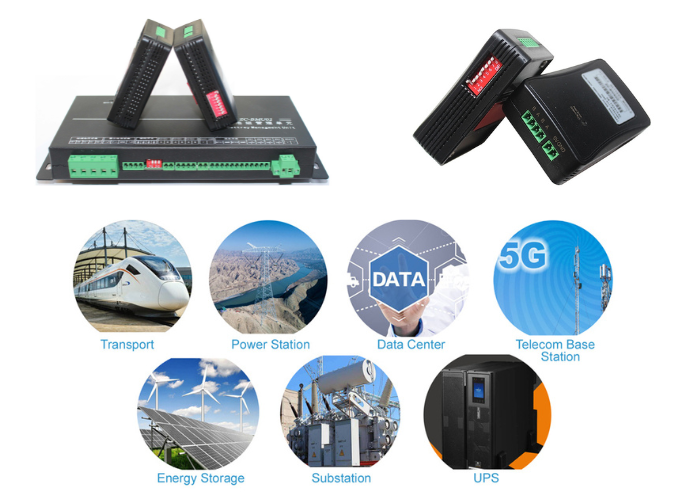
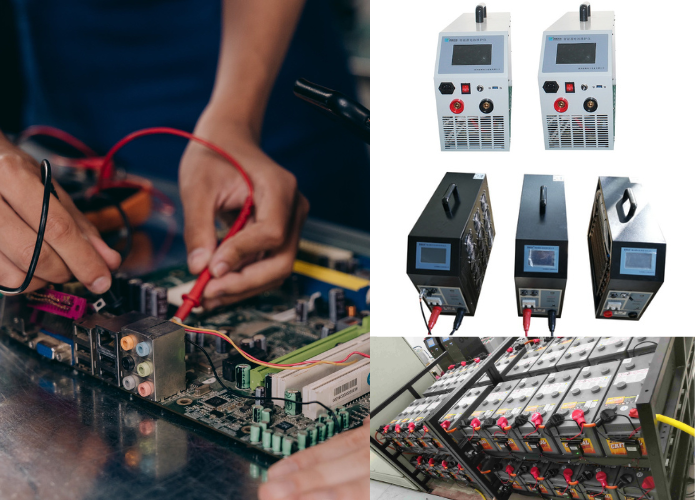
Get Price of Battery Tester
Get Price of Battery Tester
Address:
Floor 3, Building 1, No.1418-60, Moganshan road, Hangzhou city, Zhejiang Province, China.310015








